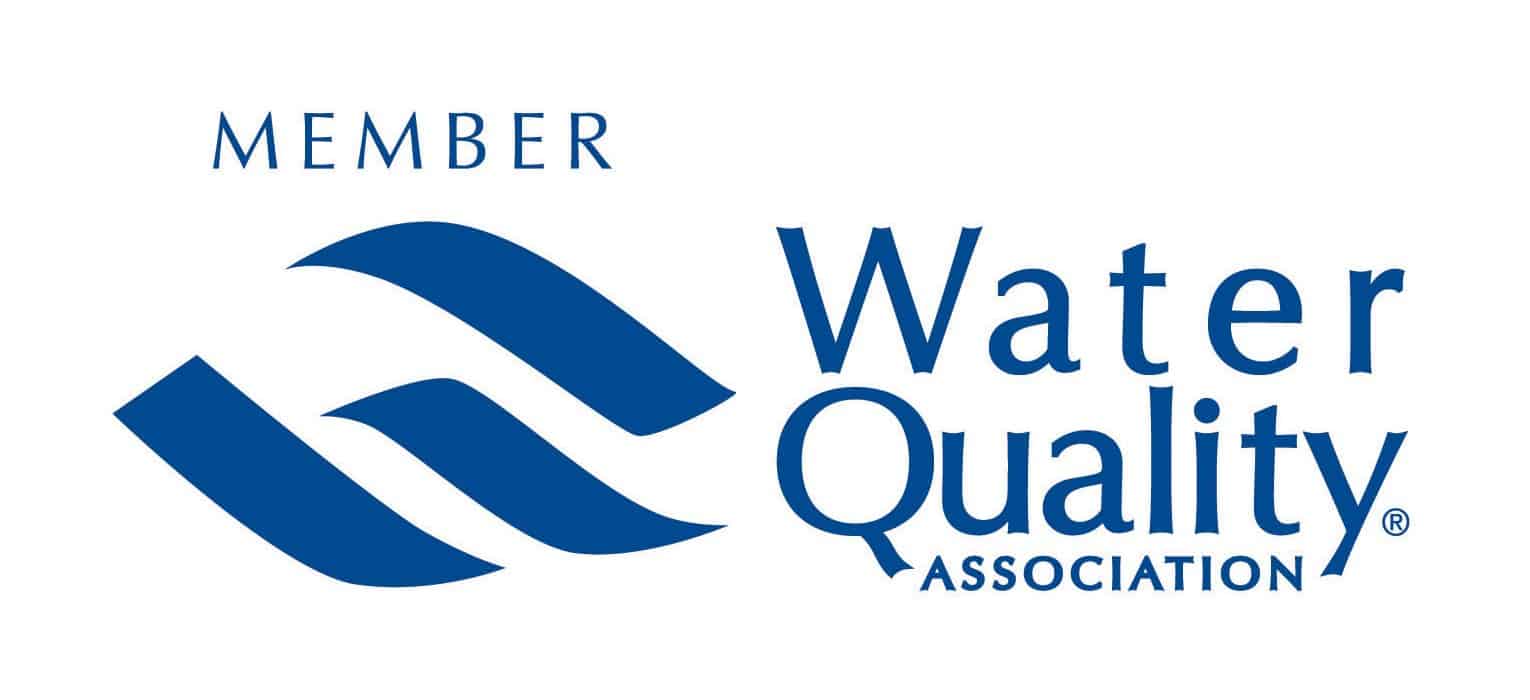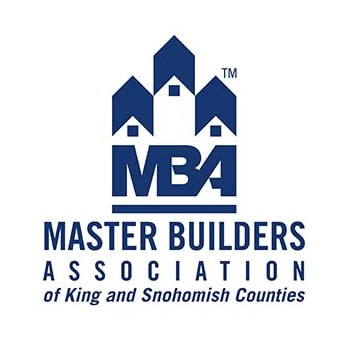Choosing the best well water filtration system for clean drinking water doesn’t have to be difficult. It’s easier when you know which contaminants are in your water, as there are different filtration systems that filter out different contaminants. When looking for a well water filtration system, determining whether or not you have hard water and which water flow rate is best for your particular needs is also important.
While the right well water filtration system won’t be the same for every home, there are options that can be the most efficient system for your needs. Keep reading to learn about well water filtration system features, and check out the list below of some of the best well water filtration systems for your entire home.
Before You Buy a Well Water Filtration System
Before purchasing a well water filtration system, it’s a good idea to test the water so you know what contaminants, if any, are present. It also lets you know the amounts of those contaminants and if the levels are high enough to warrant filtering them out.
Water testing kits can be purchased online and can be done at home. Some are mailed to a lab for testing, while other test kits can be completed at home. These at-home kits contain strips that change color depending on which contaminants are present. A local water company also can be hired to test the water. The Centers for Disease Control and Prevention (CDC) recommends testing well water annually.
What to Consider When Choosing the Best Well Water Filtration System
When looking for the best well water filtration system, it’s important to take into account a few factors, including what contaminants the system will filter out, filter size, flow rate, and filter type. Evaluating these factors will help you choose the right water filtration system for a home.
Water Contaminants
Different filtration systems filter out different contaminants for clean drinking water. Some filtration systems are designed to filter out heavy metals, while others are better for filtering out bacteria. This is why it’s so important to find out what contaminants you’re dealing with before investing in a well water filtration system for your home.
Filter Type
There are different types of water filters that whole-house filtration systems use for well water. These include activated carbon, resin, reverse osmosis, water ionizer, UV filters, and infrared filters.
Flow Rate
A water filtration system also will have a certain flow rate, meaning the amount of water the system can filter that is ready to be used at any given time. This measurement is typically given in gallons per minute (GPM).
Some whole-house filtration systems have 7 GPM, while others go up to 15 or 20 GPM. A home may require a certain flow rate, so this is worth checking into when looking for the best well water filtration system. The home’s flow rate can be checked by collecting and measuring water that comes out of a given faucet in a home. Collect full-pressure water from a fixture for 10 seconds in a bucket, and then multiply the number of gallons collected by six to find the fixture’s gallons per minute.
The average home requires a flow rate of 6 to 12 GPM, depending on the size of the home and how many people live there. However, it also can depend on personal preference, based on how fast water needs to be available from the filtration system.
Built-In Water Softener
Some whole-house water filtration systems have a built-in water softener. This is ideal for homes that have hard water. Hard water is water that has a high mineral content, especially calcium and magnesium, which can damage appliances and water pipes over time.
Filtration systems can use either a salt-based or salt-free mechanism to soften water. Well water filtration systems that have a built-in water softener typically use salt-free methods of conditioning the water. They don’t actually demineralize the water, but they do “soften” it to prevent mineral buildup.




